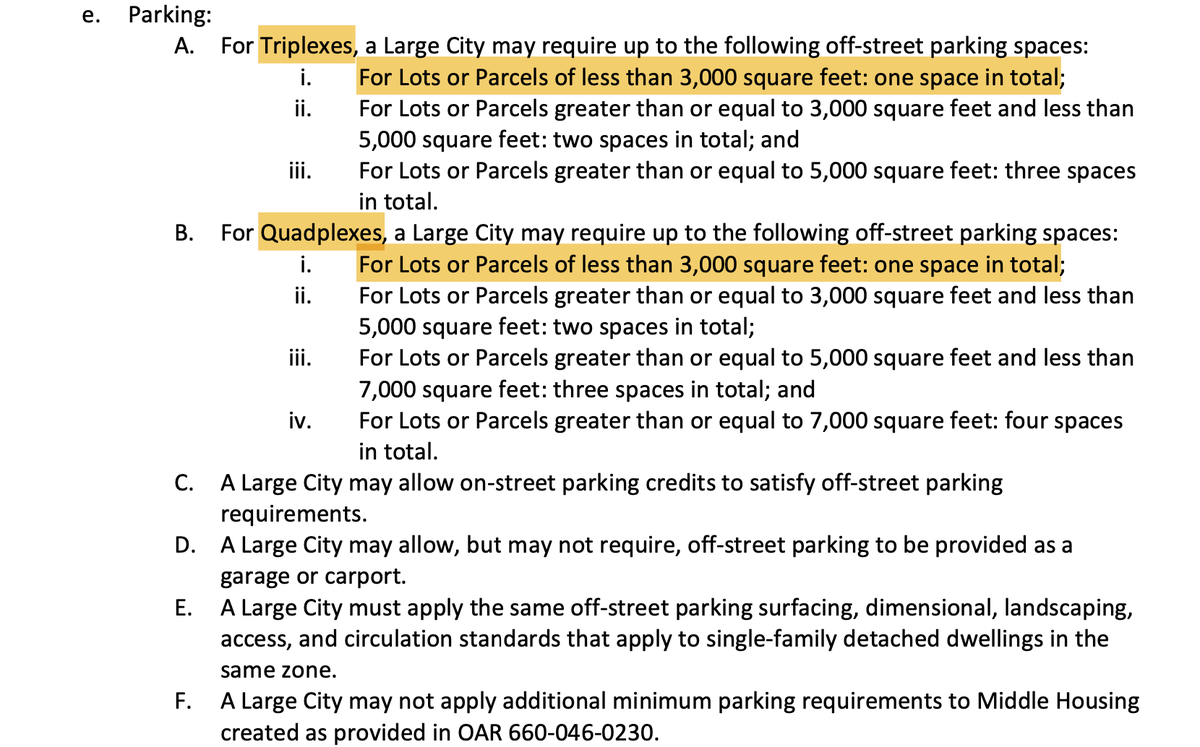
Today, San Diego city council voted unanimously to adopt totally inadequate housing element amendments, "complying on paper," belatedly, w/@California_HCD's demands. @andy_keatts reports.
HCD has the next move. This thread explains their options. 1/10
voiceofsandiego.org/topics/governm…
HCD has the next move. This thread explains their options. 1/10
voiceofsandiego.org/topics/governm…
HCD could...
1) Cave (find the amendments adequate)
2) Find city out of compliance
3) Fudge it (commend city for progress, ask for further analysis, and meanwhile leave SD on list of "conditionally compliant" cities). 2/10
1) Cave (find the amendments adequate)
2) Find city out of compliance
3) Fudge it (commend city for progress, ask for further analysis, and meanwhile leave SD on list of "conditionally compliant" cities). 2/10
The legal case for HCD to find San Diego noncompliant is strong. The city's "finding" that the nonvacant sites it put forth are likely to be redeveloped is a joke, totally lacking in evidentiary support, 3/10
https://twitter.com/hanlonbt/status/1402309315092828167
https://twitter.com/CSElmendorf/status/1385302368724545539
...and the city's AFFH program has no timeline for implementation, contrary to HCD's guidance. 4/10
https://twitter.com/CSElmendorf/status/1388907056271290371
On flipside, San Diego was first major city to go through the process in under new statutory regime; the city has a new prohousing mayor; HCD's guidance hasn't been real clear; and Gov is facing recall...
All of which pushes toward caving or fudging. 5/10
All of which pushes toward caving or fudging. 5/10
Is there a way to fudge that wouldn't be a total loss? I'm not sure. But here are some options that might be worth considering. HCD could make its certification of city's plan conditional on the city... 6/10
* Auditing a random sample of sites in inventory, and recalculating claimed capacity of inventory based on proportion that will plausibly be developed over the 8-yr planning period 7/10
* Adopting the promised AFFH legislative package w/in 3 years, the normal timeline for rezoning required by a housing element 8/10
* Conducting a mid-cycle review of capacity of inventory sites, w/ analysis based on actual rate of sites' redevelopment during first half of planning period, not fictional "finding" that all sites the city labels developable are likely to be developed soon 9/10
If @California_HCD just rolls over, putting stamp of approval on city's status-quo plan, San Diego will be Exhibit A for @ezraklein's thesis about California.
"We do the 'affirming' in affirmatively furthering fair housing. The rest, not so much." /end
nytimes.com/2021/02/11/opi…
"We do the 'affirming' in affirmatively furthering fair housing. The rest, not so much." /end
nytimes.com/2021/02/11/opi…
• • •
Missing some Tweet in this thread? You can try to
force a refresh






